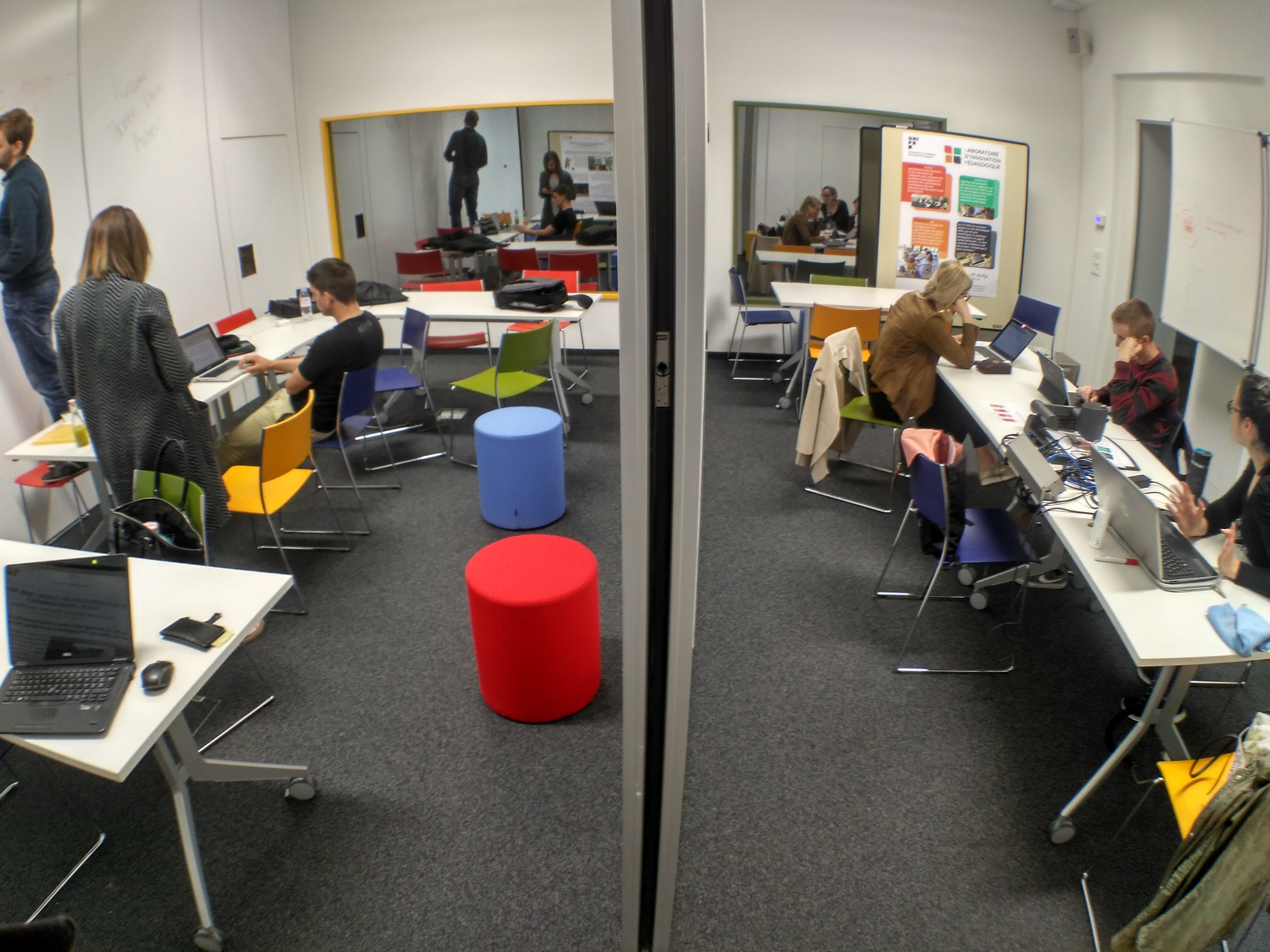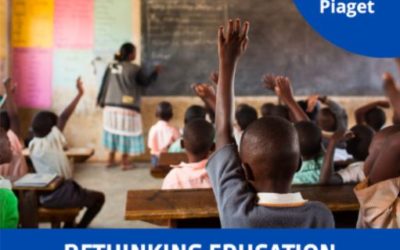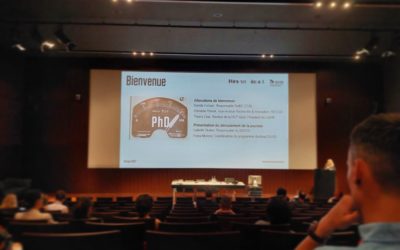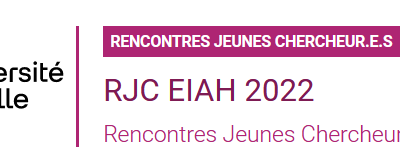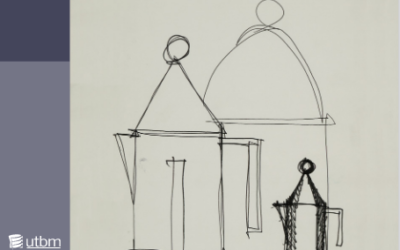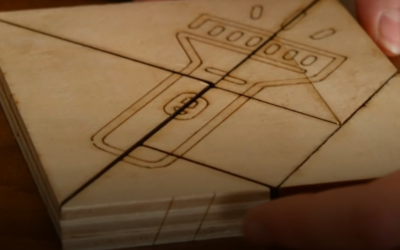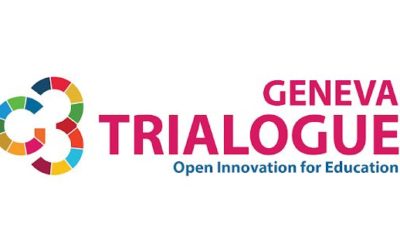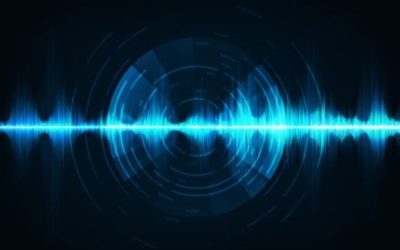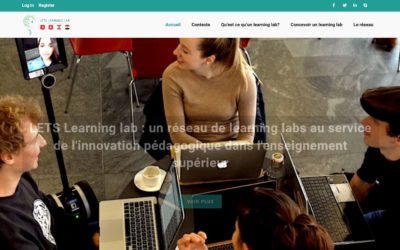co.LAB – A Digital Lab for the co-Design, co-Development and co-Evaluation of Digital Learning Games
Interest in Digital Learning Games (DLGs) has flourished at all levels of education. Digital Learning Games contribute to increasing students’ motivation and engagement, and are effective tools to support learner centered teaching practices. However, the design, development and uses of DLGs remain an issue due to the gap between teachers, game developers and researchers.
At the crossroads between educational and computer sciences the goal of the co.LAB project is to improve the design, development and uses of Digital Learning Games at all educational levels in Switzerland. This goal will be achieved by the development of what we call the co.LAB: a collaborative methodological framework between teachers, game developers and researchers in educational science, associated with a collaborative digital platform dedicated to co-design, co-development and co-evaluation of DLGs.
With the development, implementation and assessment of the co.LAB methodology and digital platform, we want to answer the following research questions (RQ).
RQ1: What methodology is needed to support collaborative DLG design and development?
RQ 2: What are the digital platform features necessary to support the collaborative DLG design and development process?
RQ 3: What are the effects of the methodology and digital platform on development cost and duration (efficiency)?
RQ 4: What are the effects of the methodology and digital platform on the quality of DLGs produced (relevance and effectiveness)?
RQ 5: What are the drivers for adoption of the methodology and digital platform by the educational, game developer, and research communities?
Following a design-based and mixed methodology, the co.LAB methodology and digital platform will be implemented and tested with the design, development and evaluation in real educational contexts of two showcase games dedicated to medical education (higher education) and computational thinking (secondary education). They will be used as a proof of concept. The experimentations will be carried out with classes both in a secondary school and at a university of applied sciences. The data collected will be based on an ethnographic approach on the one hand (questionnaires and focus groups carried out with stakeholders), and on the digital traces of users of the platform on the other hand.
By including a digital infrastructure for digital learning resources development and by providing, as a use test result, two digital learning games the project is fully in line with the PNR77 goals and more specifically with the module “Education, learning and digital change”. In addition, the co.LAB methodology, digital infrastructure and laboratory may serve both as an example of the introduction of digital in education and as a basis for future co-development of open digital educational resources in general.
eDurée du projet
01/2020 – 12/2023
Financement
Fonds National Suisse

Requérants principaux
Dominique Jaccard HEIG-VD et Eric Sanchez, Université de Fribourg
Partenariat
Haute Ecole d’Ingénierie et de Gestion du Canton de Vaud
Membres du projet
Estelle Prior Unige
Mariem Jaouadi Unige
Membres associés
Nadine Mandran LIG/U. Grenoble
Matthieu Vermeulen IMT Nord Europe
Emmanuel Beffara U. Grenoble
Gaëlle Guigon IMT Nord Europe
Jérémie Humeau IMT Nord Europe
Anthony Fleury IMT Nord Europe
Contact
Eric Sanchez (eric.sanchez@unifr.ch)
Dernières actualités relatives à cette recherche
Hackaton Piaget
Le LIP/TECFA et les étudiants du MALTT seront impliqués, les 16 et 17 juin dans l'organisation d'un hackaton sur la thématique "Repenser l'éducation au 21ème siècle". En collaboration avec le Bureau International de l'Éducation (BIE), Institut de l'UNESCO à Genève, La...
Journée doctorale organisée par la HES-SO et le 2CR2D
Vendredi 20 mai 2022 se déroulait une journée doctorale co-organisée par les HES-SO et le 2CR2D dans les locaux de l’écal à Renens. Cette journée avait pour thématique “la jonction de la production scientifique et de la pratique professionnelle” ... Une belle...
Workshop sur l’enseignement en ligne à Alexandrie
Le LIP était présent à la Pharos University of Alexandria (Egypte) pour un atelier sur l'enseignement en ligne auquel ont participé une trentaine d'enseignants chercheurs de la faculté de pharmacie. L'atelier était soutenu par l'Agence Universitaire de la...
Retour sur la conférence RJC EIAH
Les neuvièmes rencontres Jeunes Chercheurs en EIAH (RJC EIAH 2022) se sont tenues Lille du 9 au 11 mai 2022. Cette conférence interdisciplinaire ont fait la part belle aux travaux sur les jeux destinés à des usages éducatifs et le LIP était présent pour trois...
Articuler conception et recherche
Ce chapitre publié dans un ouvrage collectif dirigé par John Didier, Florence quinche et Thierry Dias est l'occasion de revenir sur les relations entre recherche et conception et une recherche orientée par la conception conduite dans le cadre du projet JEN.lab....
Mission Télomère à Estavayer-le-Lac
Le média 20 Minutes a publié un reportage sur le jeu Mission Télomère. Développé par le Laboratoire d'Innovation Pédagogique en collaboration avec le CIPRET, cet escape game est destiné à la prévention du tabagisme chez les adolescents. Le reportage peut être...
Geneva Trialogue et Open Geneva
Le LIP est impliqué dans une table ronde qui se tiendra le 17 mars 2022 dans le cadre du Geneva Trialogue (Université de Genève, United Nation Institute for Training and Research et le Bureau international d'éducation). La table ronde intitulée "Repenser l’éducation...
Présentation des deux thèses du projet co.LAB au séminaire de recherche du TECFA
Dans le cadre du séminaire de recherche du TECFA du 28 février 2022, deux doctorantes de cette unité de recherche et d’enseignement, Estelle Prior et Mariem Jaouadi, ont présenté l'avancement de leurs travaux de thèse respectifs. Ces deux thèses s’inscrivent également...
SODA4LA, un nouveau projet pour le LIP
Le projet Sonification Of Data for Learning Analytics (SODA4LA) s'intéresse à la conception d'un environnement informatique dédié à la sonification des données. Il s'agit en particulier de données correspondant à des traces numériques d'apprentissage automatiquement...
Un nouveau site sur les learning labs
Les travaux du consortium LETS Learning Lab sont en ligne sur le site https://letslearninglab.org/. Il est en particulier possible de télécharger le cahier des charges d'un learning lab.Les travaux sont le fruit d'une collaboration entre les universités de Genève...

